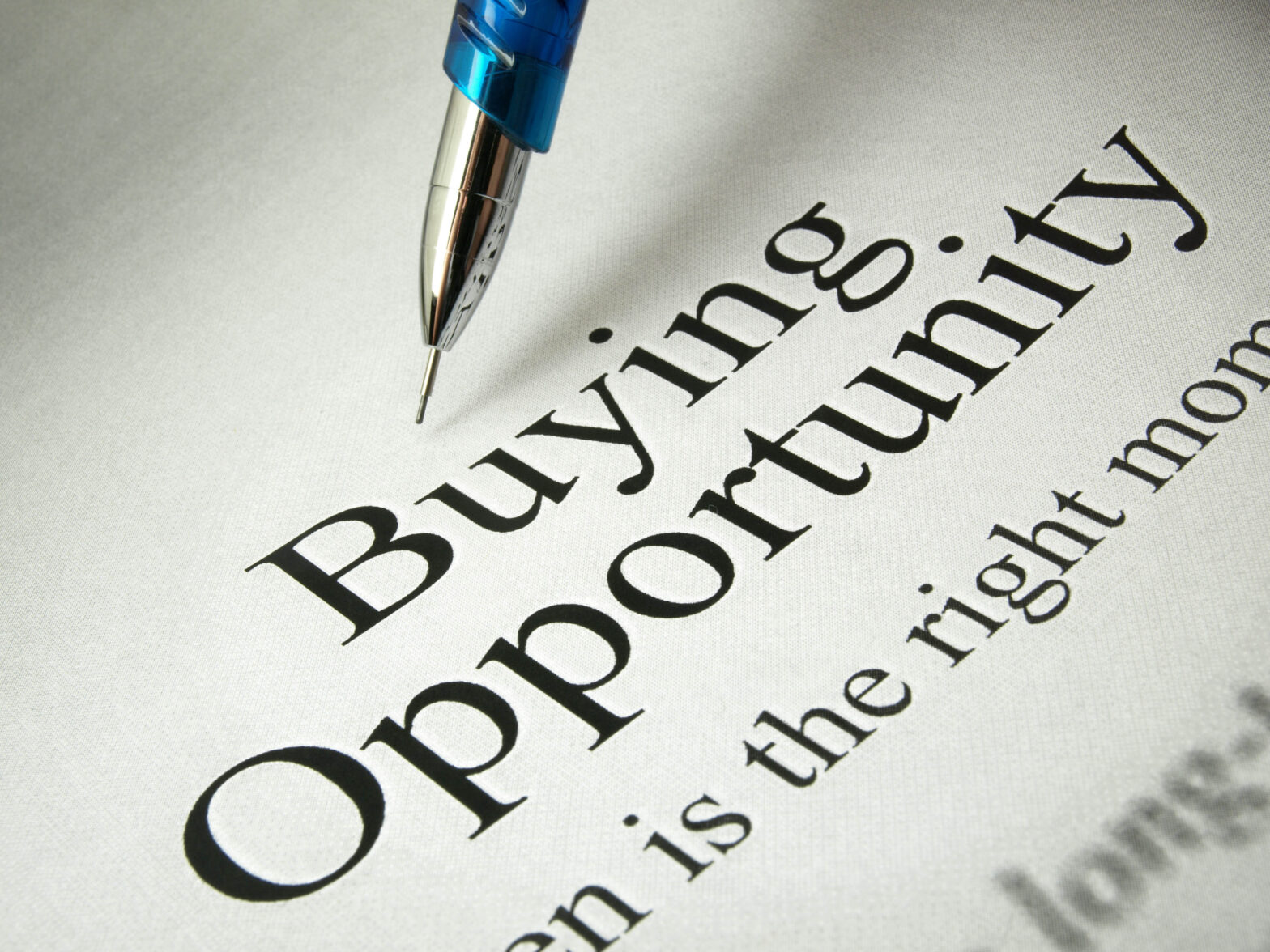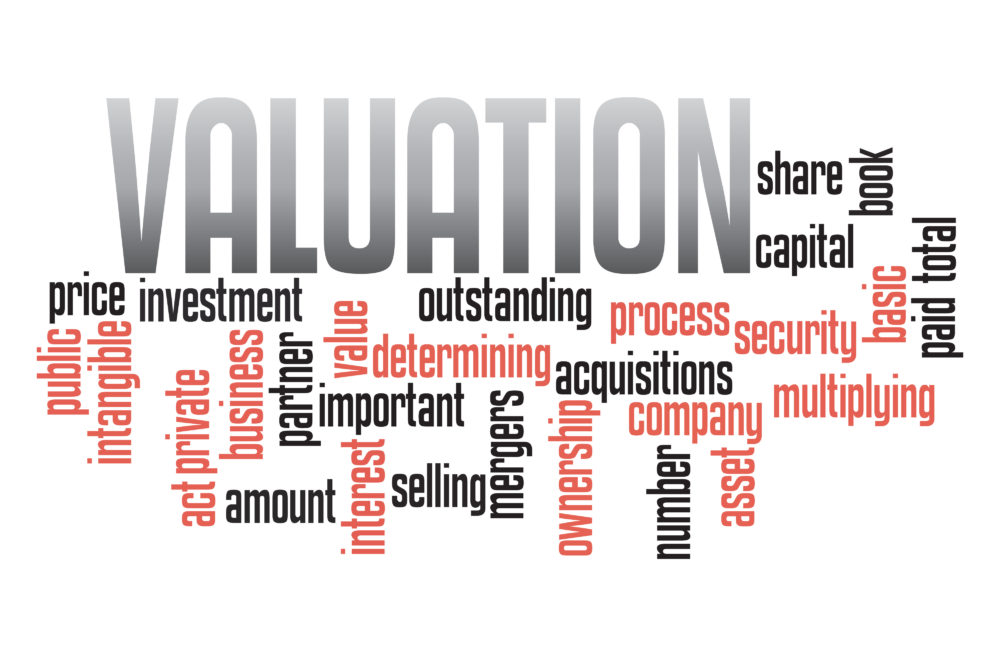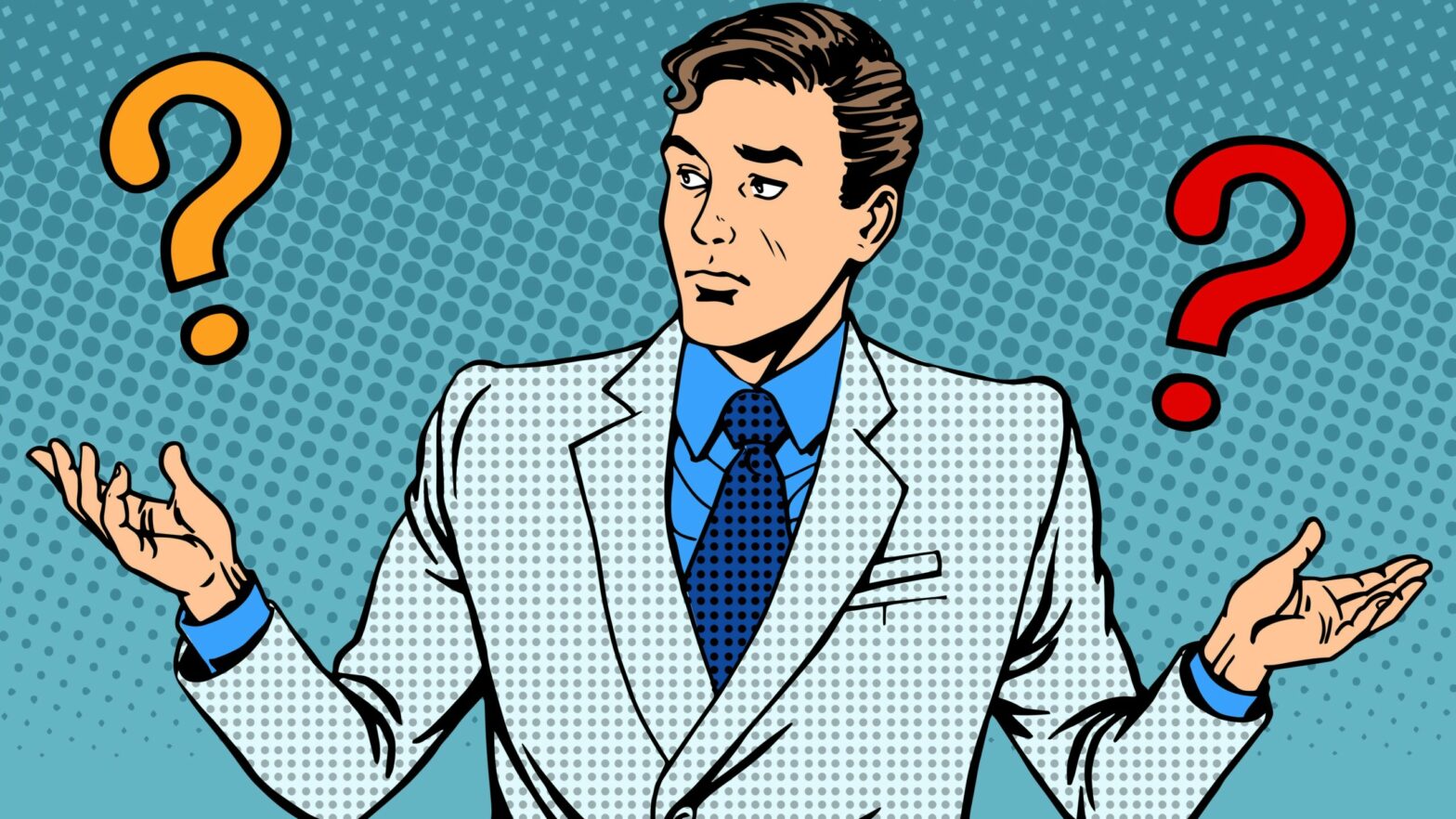There are pros and cons for each route; while there is a higher expectancy for start-ups to fail, buying the wrong business for you could prove equally fatal.
Financial risks
Unsurprisingly, there are many more financial risks when it comes to starting a business as opposed to buying one.
While you are often required to have a lot more starting capital when buying a business, there is a higher likelihood that banks will loan you money. There is a prerequisite, however, that the business is reliable. Obviously, if the business is financially unstable then it will be difficult to obtain a bank loan.
It will be initially cheaper to start a business but the risk you take on with an untested start-up will be much greater than spending a higher amount of money on a business with a consistent turnover and customer base.
Your decision here will be mostly made by your character type; risk-takers are more likely to clench their fists and start-up whereas more cautious types will start looking at their local business listings.
Creativity
While buying a business isn’t a blank page, you can have a fair amount of creative input as time goes on and, importantly, it provides you with a ready-made brand from the outset.
But if you enjoy and are skilled in branding and innovation, you may be better suited to a start-up.
Although you can re-brand an existing business, it may be easier to start-up with a strong idea in mind rather changing an existing business and shifting its direction off-course (especially if it is doing well).
Don’t forget, however, that in buying a business you also gain an established infrastructure. These include things like computers, CRM systems, developed procedures, supplier relationships, etc. This means you can focus the rest of your energy on the development of your business, rather than simply getting the basics sorted.
Prior business experience
If you have had minimal experience in the industry you plan to venture into, the safest thing to do would be to buy a business in that sector with a reliable turnover and structured procedures in place.
If starting your own business from scratch, you will need a fairly in-depth knowledge of financing a business and dealing with cash flow, as well as insider industry insight.
Also, consider the benefits of the established employees of a bought business. Rather than needing to find, employ and train people, you will already have a workforce who are experienced and know how the company works, meaning that you could learn its inner workings from the inside out.
Due diligence and covert problems
One aspect that could put you off buying a business would be a concern as to why the business is really up for sale. Such worries about underlying problems with the business should be unveiled if proper due diligence is conducted.
The due diligence phase allows the buyer to review the business’ financial statements with the help of a legal representative. In turn, this facilitates a better valuation of the company.
However, valuations should not be limited to the financial statements revealed when conducting due diligence. For example, issues within the company, such as increased competition in the market, may not have yet shown up in the financial statements.
There may also be problems with current employees. If you wish to change certain aspects of the company after purchase, there are likely to be a few resistant to change.
Profit
When buying a business you will see the financial positives straight away – it’s already generating cash flow.
An entrepreneur starting up their own business from scratch, on the other hand, will have to be patient in waiting for profits; if anything, the initial stage will include investing a lot of money and not gaining any real dividends for a long while.
Whether you should buy or start a business should depend on your unique circumstances and, to a large degree, your personality. Whichever path you choose to take, good luck!
Rose Hill is an online journalist for Businesses For Sale.





